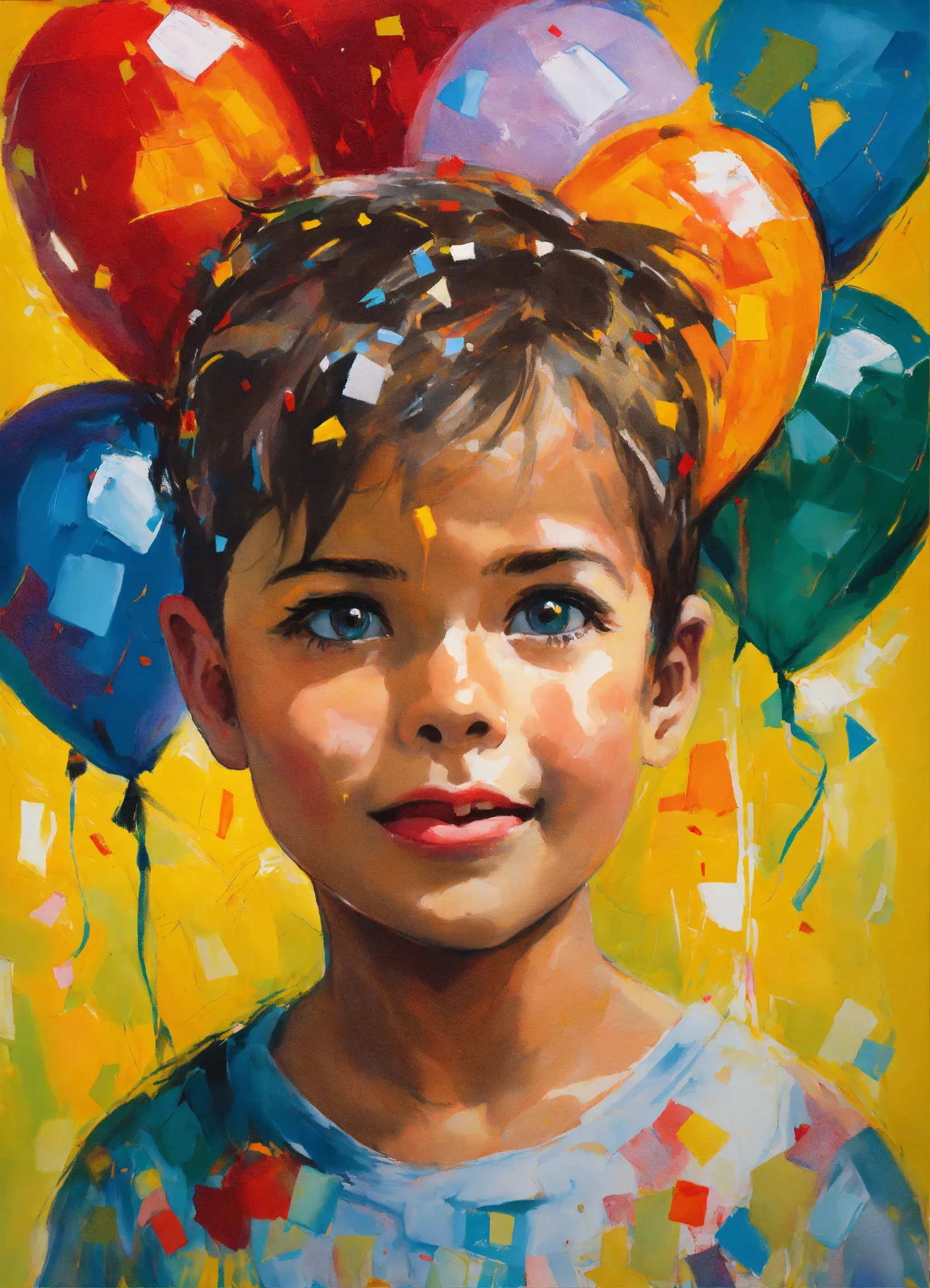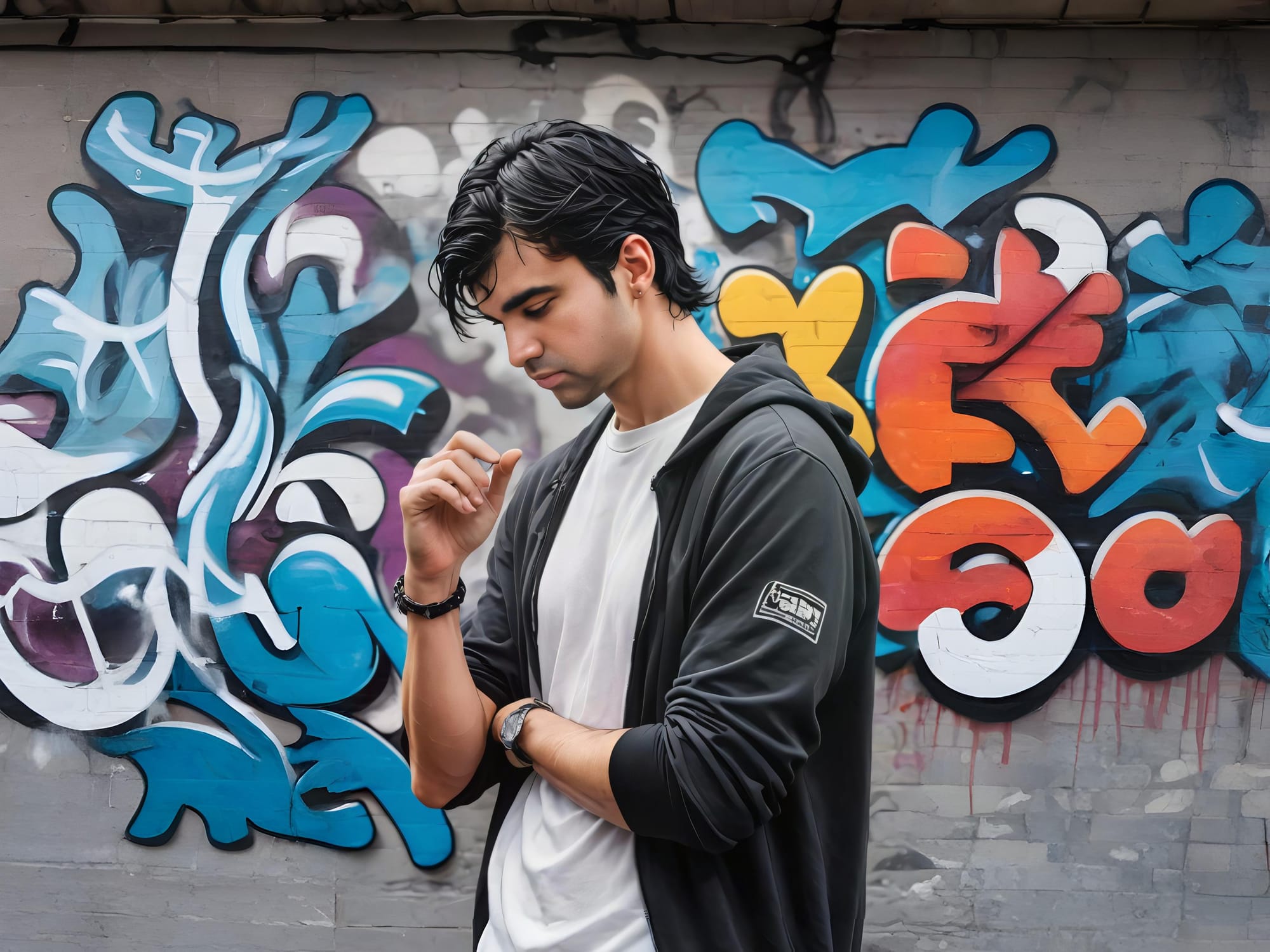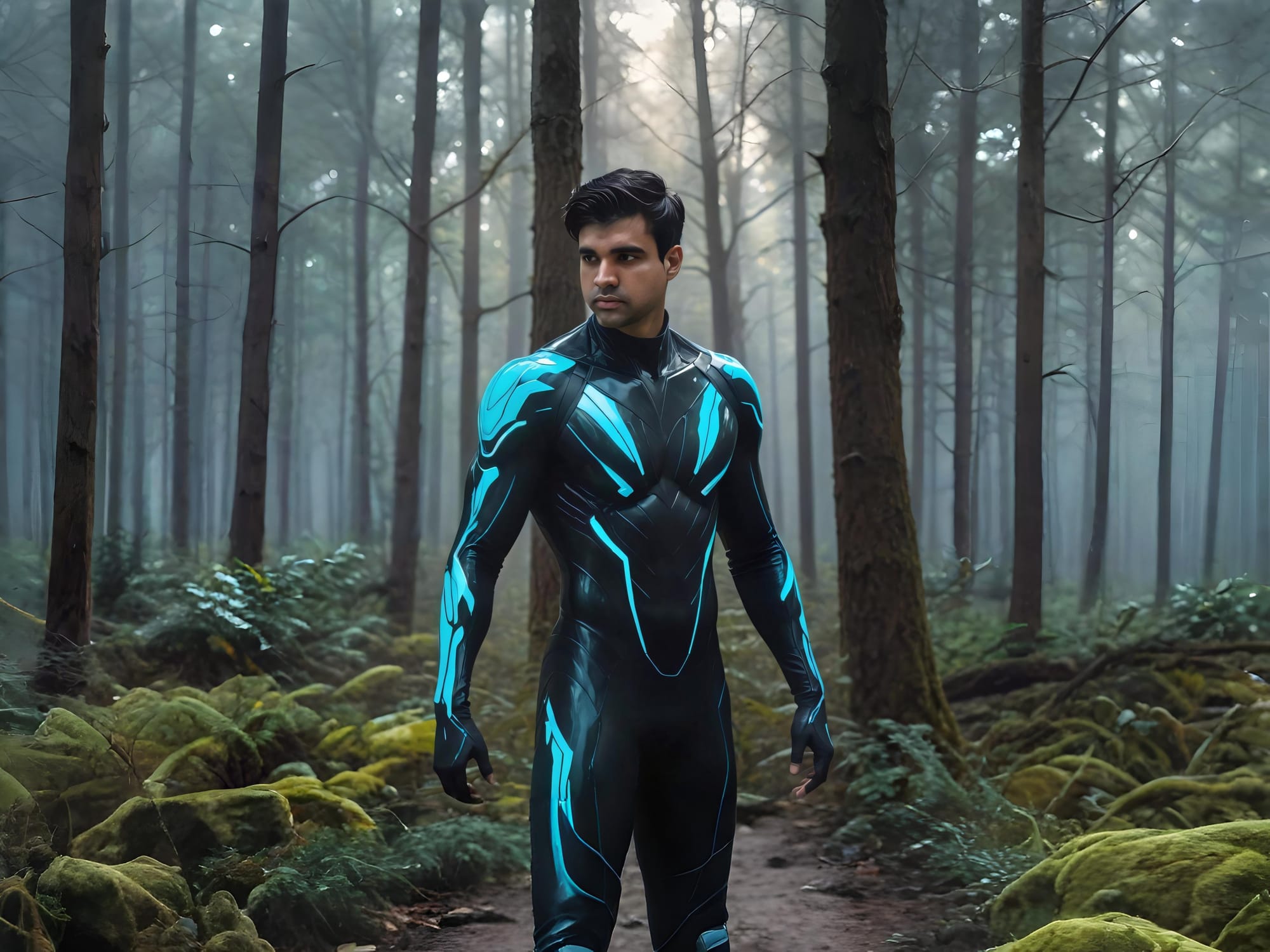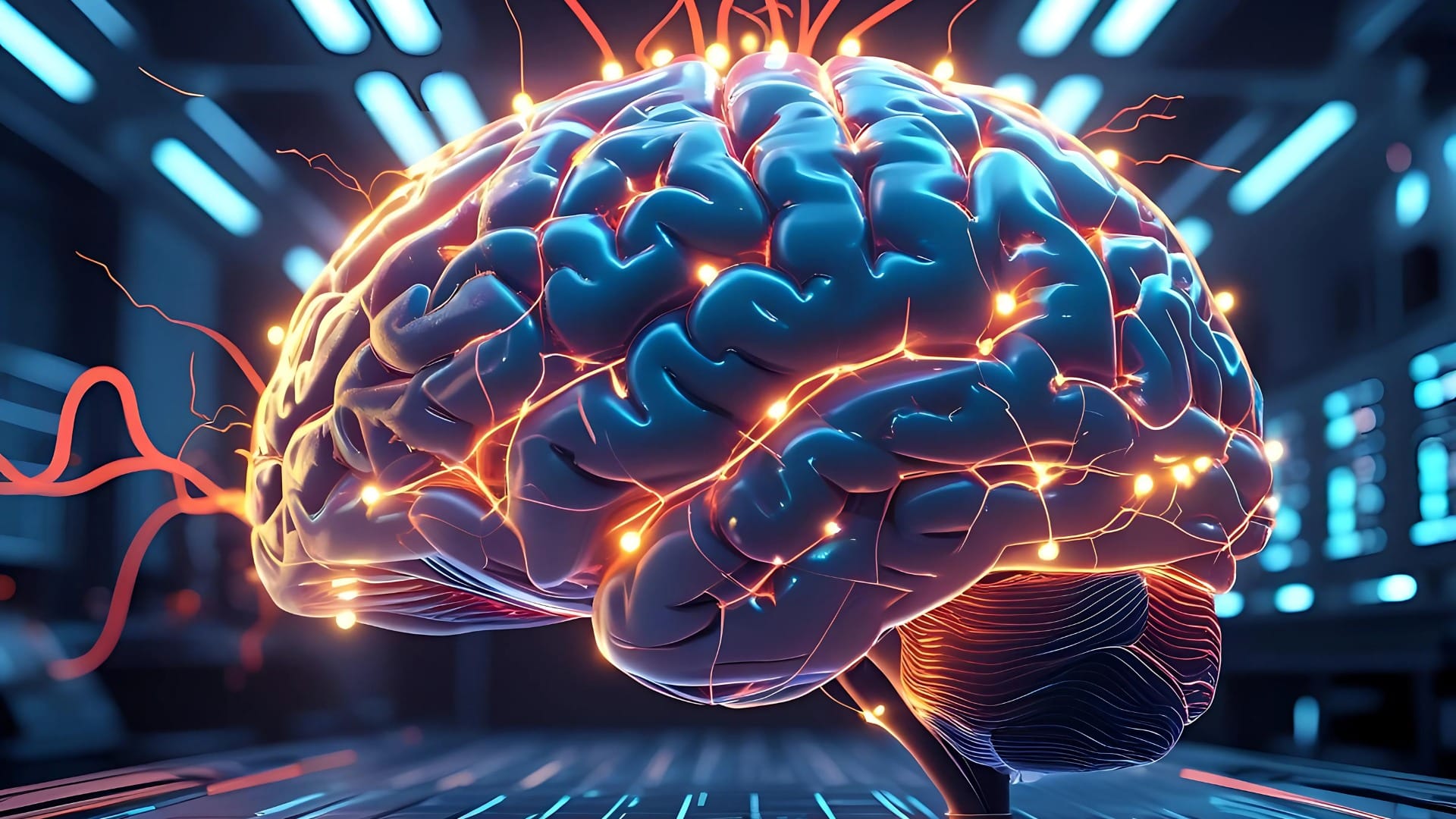Doomsday Algorithm
A teenage coder discovers an app that predicts disasters, but when her own fate is included, the lines between technology and terror blu

I always thought of myself as a typical high school geek, the kind who would rather spend Friday nights coding in my bedroom than going to a party. My sanctuary was the glow of my computer screen, where I could create anything I wanted, escape into the worlds I built with lines of code. But that all changed the night I stumbled upon an underground forum discussing a program called the Doomsday Algorithm.
At first, I thought it was just another urban legend, a silly hoax made to scare gullible kids like me. The forum was full of wild stories—predictions of natural disasters, freak accidents, and even personal tragedies, all seemingly coming true after being input into the algorithm. But something about the way the users talked about it tugged at my curiosity. I had to see it for myself.
After days of digging through lines of code and snippets shared in the shadows of the internet, I finally managed to piece together the app. It was simple to use: type in your details, hit "Enter," and let the algorithm work its magic. My heart raced as I prepared to test it. What if it was real?
I filled in the fields with my name, age, and a few random details about my life, laughing nervously at the absurdity of it all. With a deep breath, I hit “Enter.” The screen flickered, and a message appeared: “Prediction: 48 hours until an unforeseen disaster. Prepare accordingly.”
A shiver ran down my spine. I laughed it off—this had to be some kind of joke. But as the hours passed, unease settled in my gut. I tried to shake it off, even when the local news began reporting a series of strange accidents: a building fire, a car crash, and a runaway bus that narrowly missed hitting a crowded sidewalk. All of it felt too close to home.
The next day, I confided in Tara, my best friend. “I found this crazy app,” I explained, showing her the screen. “It predicts disasters, but it’s probably just a joke.”
“Sounds creepy,” Tara said, peering over my shoulder. “You should delete it.”
But I couldn’t. I was too curious, too drawn to the allure of knowing what might happen next. That night, unable to sleep, I returned to the app. This time, I entered different variables, hoping to disprove its validity. What could possibly go wrong?
After fiddling with the settings for a while, I hit "Enter" again. The screen went black for a moment before a chilling prediction scrolled across the display: “In 24 hours, a personal tragedy will strike. Prepare accordingly.”
My heart raced. A personal tragedy? I tried to brush it off, but dread curled around me like a thick fog. I spent the next day in a constant state of anxiety. Every time my phone buzzed, I flinched.
When Tara texted me, I tried to stay calm. “Can we meet up? I’m freaking out,” I typed back. I needed her support, needed to feel safe. But when I met her at our usual spot—an old park surrounded by trees—I noticed something was off.
Tara looked pale, her eyes wide with fear. “I saw something on the news,” she stammered. “It’s about… you.”
My breath caught in my throat. “What do you mean?”
“There’s been an accident at your school. A gas leak or something. They’re evacuating everyone.”
Panic gripped me. I needed to warn my parents, but my phone vibrated in my pocket. It was a notification from the app. I opened it and stared in horror as it read: “You are directly involved in the upcoming disaster. Avoid your school at all costs.”
I didn’t think; I just ran. I sprinted down the street, my heart pounding in my chest, fear propelling me forward. As I approached my house, I heard the sirens wailing in the distance, echoing the chaos in my mind.
I burst through the door, breathless and terrified. “Mom! Dad!” I shouted, but there was no answer. I dashed through the living room and into the kitchen, only to find them sitting at the table, staring blankly ahead, unmoving.
“Mom! Dad!” I shook them, desperation clawing at my throat. It was as if they were frozen in time, lost in a nightmare. Just as I turned to run for help, the app buzzed in my hand, pulling me back into its cold embrace.
“Final prediction: 0 hours until disaster. Consequences are unavoidable.”
A chill washed over me. The room blurred, and I suddenly felt heavy, the air thick around me. The walls seemed to close in, and everything around me twisted into a dark haze.
Then, in an instant, I was standing back in the park, the sun shining down. Tara was there, looking as confused as I felt. “What just happened?” she asked.
I opened my mouth to respond, but the app buzzed again. Against my better judgment, I checked it. A new message flashed on the screen: “All predictions confirmed. You have altered reality.”
Stunned, I dropped the phone. Reality? Had I really changed what was supposed to happen?
Just then, I noticed the park was empty, eerily silent. Tara looked at me, her expression shifting from concern to something darker. “You should have listened,” she said, her voice low and strange.
“Listened to what?” I asked, panic rising again.
“To the algorithm.”
Before I could respond, her face transformed, her features twisting into a grotesque version of itself. “You thought you could control fate,” she hissed, revealing a glint of malice in her eyes. “But you’re just another player in the game.”
My stomach dropped as the realization sank in. The app hadn’t just predicted disasters; it had chosen me. I stumbled back, horror clawing at my throat, the world around me fracturing into shadows. The park, my home, everything was a facade—an illusion crafted by an algorithm that thrived on chaos.
As I stood there, frozen in disbelief, I finally understood the price of my curiosity. I had become a pawn in a game far beyond my comprehension, caught in a loop of predictions and consequences. The algorithm wasn’t just a program—it was a reality that fed on the fears of those who dared to look too closely.
And now, I was trapped in its web, destined to play out its predictions over and over again.




